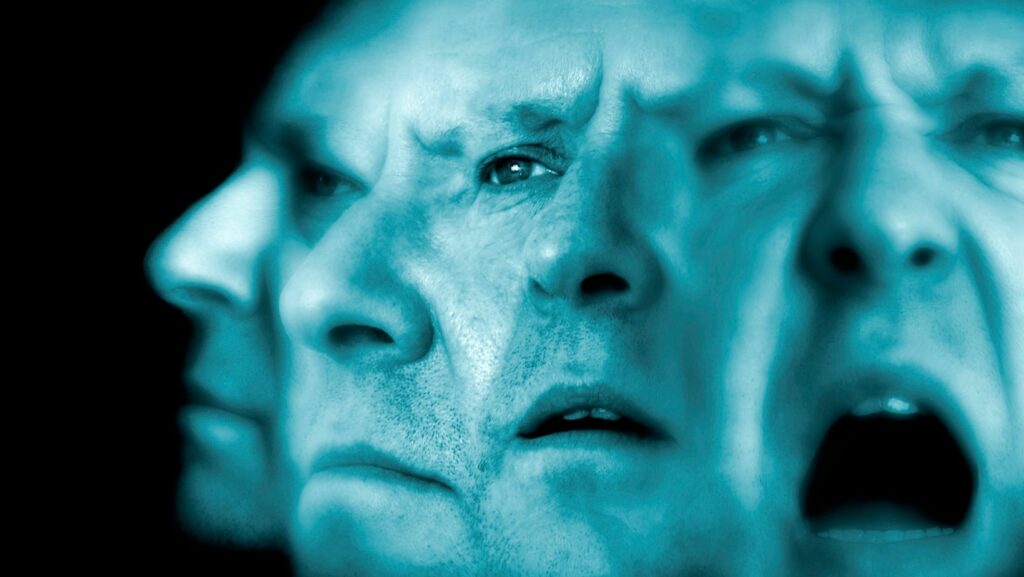
Match Each Positive Symptom of Schizophrenia with Its Description.
As an expert in the field, I’ve been asked to shed light on the topic of matching positive symptoms of schizophrenia with their descriptions. Schizophrenia is a complex mental disorder that affects millions of people worldwide. Understanding its symptoms and their manifestations is crucial for both healthcare professionals and individuals affected by this condition.
To begin, it’s important to note that schizophrenia is characterized by a range of positive symptoms. These symptoms refer to behaviors or experiences that are added or exaggerated compared to typical functioning. They can include hallucinations, delusions, disorganized thinking and speech, as well as abnormal motor behavior. Each of these symptoms has its own unique description and impact on an individual’s daily life.
In this article, we’ll delve into each positive symptom in detail and explore how they manifest in individuals with schizophrenia. By gaining a better understanding of these symptoms and their accompanying descriptions, readers will be better equipped to recognize the signs and seek appropriate help for themselves or loved ones who may be experiencing them.
So let’s dive right in and explore the fascinating world of positive symptoms in schizophrenia!

Positive Symptoms of Schizophrenia
When it comes to understanding schizophrenia, one must delve into the various symptoms that make up this complex mental disorder. In this section, we’ll focus on the positive symptoms of schizophrenia and their descriptions. Positive symptoms refer to the presence of abnormal thoughts, behaviors, or experiences that are not typically seen in individuals without the disorder.
- Delusions: One hallmark symptom of schizophrenia is the presence of delusions. These are false beliefs held by an individual despite clear evidence to the contrary. Delusions can take different forms such as paranoid delusions (believing others are plotting against them) or grandiose delusions (having exaggerated feelings of importance or power). These beliefs can be incredibly distressing for those experiencing them and may lead to erratic behavior.
- Hallucinations: Another prominent positive symptom is hallucinations. These sensory experiences occur in the absence of any external stimuli and can involve seeing, hearing, smelling, tasting, or feeling things that aren’t actually there. Auditory hallucinations, particularly hearing voices that command or criticize an individual, are commonly associated with schizophrenia. Such experiences can greatly disrupt daily life and contribute to feelings of confusion and fear.
- Disorganized Speech: People with schizophrenia often exhibit disorganized speech patterns known as formal thought disorder. This manifests as difficulty organizing thoughts coherently and expressing ideas logically during conversations. Individuals may jump from one topic to another without a clear connection or use language that is nonsensical at times.
- Disorganized Behavior: Alongside disorganized speech, disorganized behavior is another positive symptom observed in people with schizophrenia. It refers to unpredictable actions and difficulties performing activities necessary for daily functioning such as self-care tasks or maintaining personal relationships.
- Catatonia: Catatonia is characterized by unusual motor behaviors ranging from excessive movement (catatonic excitement) to complete immobility (catatonic stupor). People experiencing catatonia may exhibit repetitive, purposeless movements or remain in a rigid, frozen position for extended periods.
Understanding these positive symptoms is crucial in diagnosing and managing schizophrenia. It’s important to remember that each individual’s experience with this disorder can vary significantly. Seeking professional help and support from mental health experts is essential for accurate diagnosis, treatment, and improving the quality of life for individuals living with schizophrenia.











